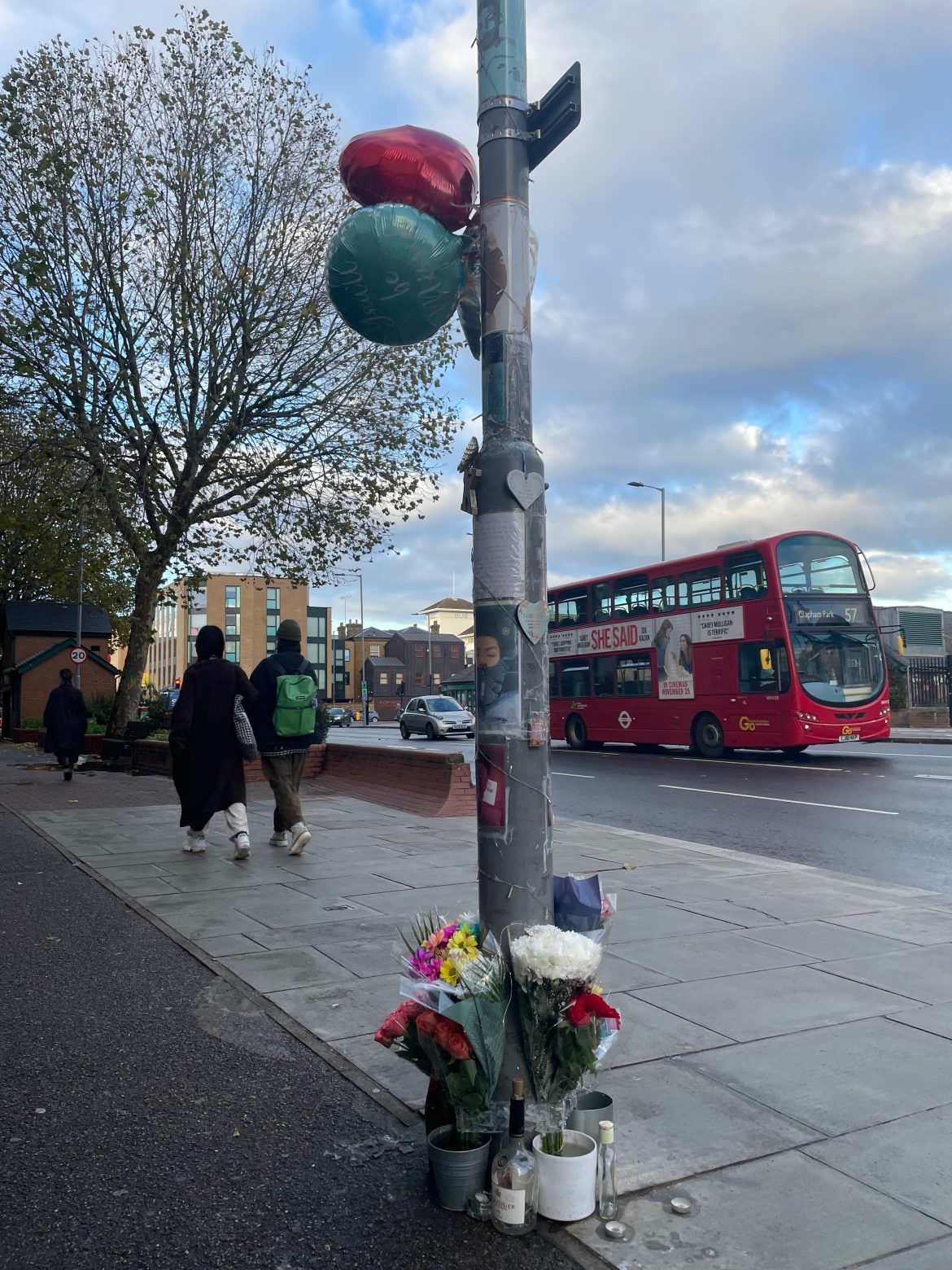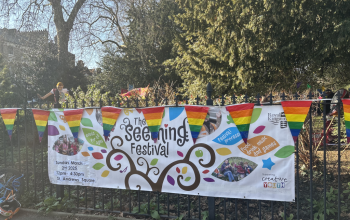The thing about leafy Kingston, said Abed Nsango, a 23-year-old living from Kingston, is that it is a very divided borough. You wouldn’t expect gangs and knife crime, but they have all too often surfaced in the last few years. Despite being the home of multi-million-pound houses and having a leafy, affluent reputation, Kingston has had four fatal knife crimes in the past three years, the last just over a month ago.
If anyone knows the reality of Kingston it is Nsango, a 23-year-old who grew up in Kingston and is currently a process manager for a developing company. As he reminisces of his teen years spent with his friends, Nsango said: “We grew up in Malden manor, we grew up on the blocks, we grew up seeing all these things…We know what actually happens.”
What “actually happens” in Kingston is not difficult to uncover, if you look for it.
Kingston has had more knife crime than you think
“People are actually getting murdered in Kingston…This is close to home, this is people you have had multiple interactions with,” Nsango said. As a former acquaintance of Michael Agyare, the latest Kingston stab victim, he noted how deaths that are caused by knife crime seemed to be worryingly frequent.
Just last month, Agyare, 24, was fatally stabbed on Fairfield Road in Kingston. Just a few days later, the murderers of Kai Davis, another Kingston stab victim from 2021, were sentenced. Meanwhile on Surbiton Road, stands the shrine of Farhad Khalili, a 32-year-old man who was stabbed to death only less than a year ago. Archie Beston, a 19-year-old boy from Barnes, was also fatally stabbed in Kingston town centre in 2021. The worrying prevalence of knife crime in Kingston is getting harder and harder to avoid.
The marks that these murders have left remain in plain sight all over the town. “You only need to take a short walk around Kingston to see all the shrines of people who have been stabbed,” said John Trend, the CEO and founder of Oxygen.
Oxygen, a charity for the youth
Oxygen is a youth-based organisation that seeks to empower young people and help them in their experiences as they learn how to exist in the world around them. Trend set up his charity in 2013 in response to the developing issue of young people carrying knives and their attitudes towards it.
That’s how he met Nsango, at Southborough High School.
Trend went into schools, like Southborough, and asked teachers to recruit a handful of students who they felt would be willing to take part and had the ability to influence others at the school. “We didn’t want to go in and just tell them things and tell them to be involved. We approached it from the perspective of wanting to engage with young people on their terms,” Trend said.
Seeing that Kingston has had four deaths in last three years from knife crime, it’s not a surprise that there is a need for charities like Oxygen in Kingston.
Kingston’s hidden gang scene
With postcode wars and gang rivalries between areas like Epsom and Chessington, everyone seems to know everyone. Everyone wants to know who is with them, who’s against them, and who is worth knowing. Which means that anyone could be recruited.
Since anyone could be easily groomed into joining a gang, Trend stressed that you need to get to young people whilst they are still young, before these problems begin to arise. Issues with knives can even begin at ages as young as 10 or 11, Trend himself has seen it.
Nsango said how clever gang leaders can be when it comes to recruiting young men.
“The top dogs are very smart, they know how to paint the picture and really sell it. They know what you’re lacking, and they’ll give you what you’re lacking.” he said.
Whether it’s food, shelter, the lessons of how to be a man or even a sense of belonging, these young men are given what they need, in exchange for their loyalty.
“A lot of the time these kids are already broken. They think that these olders are helping them but they’re breaking them even more.” Nsango said. He explained how these kids are asked to run drugs for the older members and do their dirty work for them in order to belong to their gang.
Trend explained how junior schools are where the foundations for attitudes towards gangs and knife crime start to form. “Secondary school might be too late,” he said. Junior school ages, 7 to 11, are when young people mostly learn what friendship and trust is and how to resolve power conflicts amongst their peers.
CrimeRate.co.uk considers Kingston to be one of the top five safest boroughs in London, but the fact remains that children in the borough as young as primary school age are having to be taught about knife safety.
Trend’s charity caters to the needs of these especially young children and can aid in teaching them what attitudes to have towards their peers. They do this in the hopes that the blurring of the lines between friendship groups and gangs can be avoided.
What it is like owning a business amongst the knife crime
It’s not only young people who have been impacted by knife crime, but also the businesses of Kingston. A manager of a local pub in Kingston, who wished to remain anonymous, expressed how distressing this can be for a local business. “We leave our business at the same time as Pryzm kick-out time,” they said, “there’s people threatening to fight each other whilst my staff are trying to get home.”
Kai Davis, 22, was stabbed and killed in 2021 whilst on his way home after a night out at Pryzm in Kingston. While most people spilling out of the club are filled with the energy of a good night out, there is an unspoken, but very real fear that one or two people on the streets at that time may be carrying a knife and may be unafraid to use it. “I now get Ubers home every night, I don’t risk hanging about on the street,” the pub manager said.
“Everyone is affected when it comes to knife crime,” repeated Nsango, the born and bred Kingstonian who truly knows what “actually happens”.





